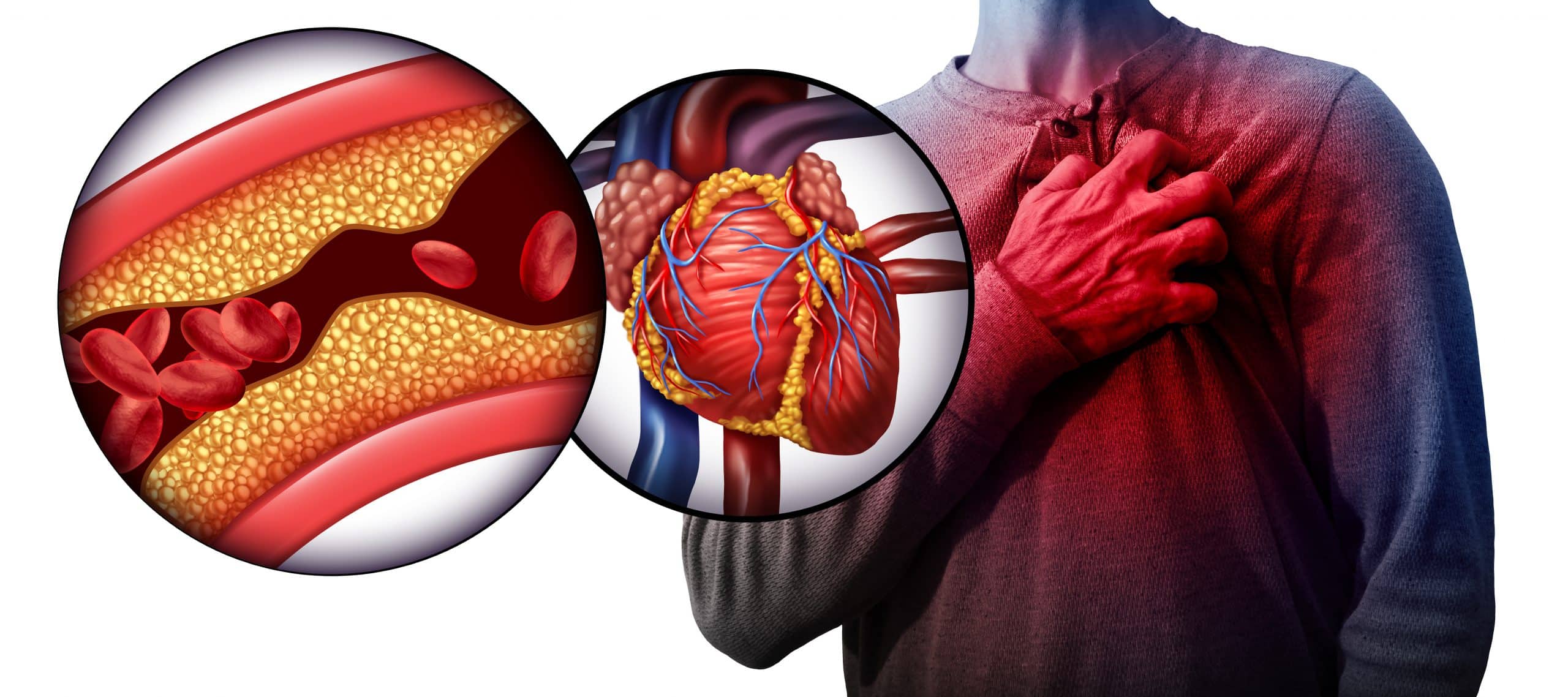A cup of hot tea can serve many purposes, from winding down at night to a gentle energy boost during that afternoon slump. The beneficial properties of green tea are no secret, but more recent studies confirm the coronary health potential of drinking green tea. Researchers have determined the exact compound linked to heart attack prevention, and you can find it in green tea.
Scientists conducting a study at the University of Leeds and Lancaster University found an anti-inflammatory compound in green tea called EGCG. This compound is powerful—they discovered that EGCG may prevent amyloid buildup in arteries that causes heart attack and stroke. Scientists even believe that this compound could be integral in Alzheimer’s prevention or cure because the same amyloid plaques also form in the brain, playing a role in Alzheimer’s Disease. The ultimate goal would be transforming this compound into a real treatment program for disease, but it’s unclear right now if we’re near that reality.

But this study is only the newest development in a long history of established green tea benefits. According to Harvard Health, a meta-analysis performed in 2012 of many studies determined that those who drank the most green tea were 28% less likely to suffer coronary artery disease compared to nondrinkers. However, it’s important to note that excessive green tea consumption (over 5 cups per day) can cause kidney stones thanks to its high levels of oxalate.
The most widely acknowledged benefit of drinking green tea is the antioxidants. You’ve probably heard before that antioxidants are part of what makes “superfoods” like blueberries or chia seeds so healthy. The particular antioxidants in green tea are called catechins. Green tea is also associated with lower cholesterol, another key factor in cardiovascular health. A diet rich in antioxidants is an important part of cardiovascular health because oxidation contributes to plaque buildup in the arteries. Antioxidants can help prevent the oxidation of LDL, also known as the “bad” type of cholesterol. Reducing your LDL is at the forefront of heart health and preventing cardiac arrest or heart failure.

Green tea is also lower in caffeine than coffee, but contains enough caffeine to create an awakened sensation. For many people, green tea could be a good alternative to coffee to help reduce excessive caffeine intake and the jittery feeling associated with coffee. Switching out your afternoon cup of joe with green tea might make it easier to get to sleep later that night but still help you focus in the short term. Given the heart health benefits associated with green tea, the switch may be worth it for you.
Green tea is definitely a great choice of drink for those who want to reduce their sugar intake from beverages like soda, or take a break from coffee. But don’t forget: no beverage is a catch-all for long-term health. The health effects associated with green tea are also contingent on a healthy diet, exercise and lifestyle choices in the long run. For a cardiovascular checkup, visit www.cvgcares.com to make an appointment or find out more!



